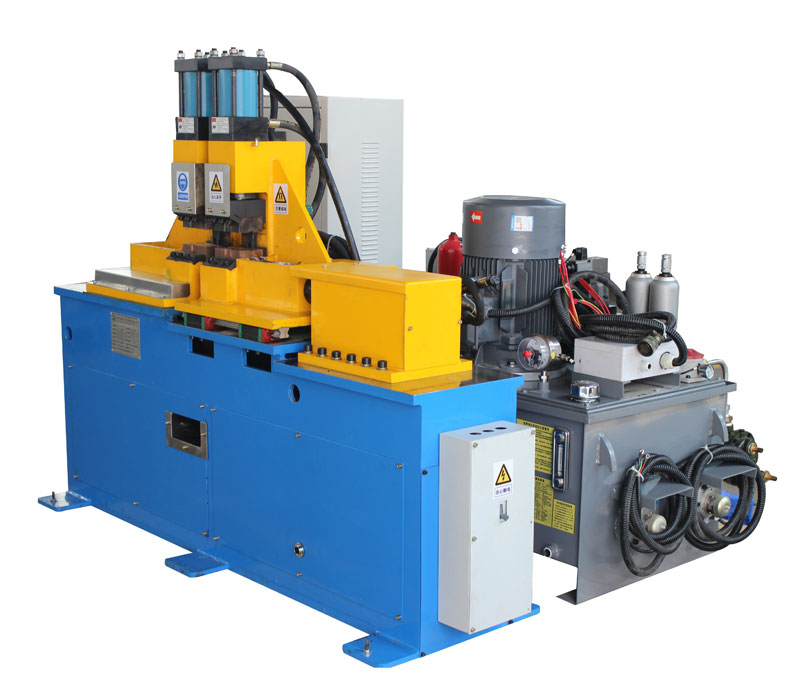Maintenance Standards for Butt Welder
Maintaining butt welding machines to established standards is crucial to ensure their longevity and consistent performance. This article provides an overview of maintenance standards and guidelines for butt welding machines, emphasizing the importance of adhering to these standards to optimize machine efficiency and safety.
- Regular Inspection and Cleaning:
- Importance: Frequent inspection and cleaning prevent the buildup of debris and ensure smooth machine operation.
- Standard: Implement a schedule for routine inspections and cleaning procedures, following manufacturer recommendations.
- Lubrication Practices:
- Importance: Proper lubrication reduces friction and wear on machine components.
- Standard: Adhere to manufacturer-recommended lubrication schedules and use approved lubricants suitable for the machine’s components.
- Electrical System Checks:
- Importance: Regularly checking the electrical system safeguards against electrical faults.
- Standard: Inspect and test the electrical connections, circuits, and safety features according to recommended intervals.
- Cooling System Maintenance:
- Importance: The cooling system’s proper functioning prevents overheating and ensures consistent welding quality.
- Standard: Conduct routine checks of cooling components, including pumps, hoses, and coolant levels, and address any issues promptly.
- Control Panel Calibration:
- Importance: Accurate control panel settings are vital for achieving desired welding parameters.
- Standard: Verify the calibration of control panel instruments and sensors at specified intervals, recalibrating as necessary.
- Heating Element Inspection:
- Importance: The heating element’s condition directly impacts welding quality.
- Standard: Periodically inspect heating elements for wear, damage, or degradation, replacing them if defects are detected.
- Safety System Testing:
- Importance: Ensuring the safety systems are functional is essential for operator and equipment protection.
- Standard: Regularly test safety features such as emergency stop buttons, interlocks, and overheat protection systems as per established schedules.
- Weld Quality Assessments:
- Importance: Routine weld quality assessments help detect welding issues early.
- Standard: Implement a comprehensive weld quality assessment plan, including visual inspections and non-destructive testing (NDT) if applicable.
- Operator Training Records:
- Importance: Maintaining records of operator training ensures that personnel are adequately trained in machine operation and safety.
- Standard: Keep detailed records of operator training, including dates, topics covered, and certifications achieved.
- Adherence to Manufacturer Recommendations:
- Importance: Following manufacturer guidelines is essential for maintaining warranties and ensuring optimal machine performance.
- Standard: Always refer to the manufacturer’s maintenance instructions and recommendations for specific machine models.
Maintaining butt welding machines to established standards is a key responsibility for operators and maintenance personnel. By adhering to maintenance standards, which include regular inspection and cleaning, proper lubrication practices, electrical system checks, cooling system maintenance, control panel calibration, heating element inspection, safety system testing, weld quality assessments, operator training records, and manufacturer recommendations, welding operations can be conducted efficiently and safely. These standards not only prolong the machine’s service life but also contribute to the consistency and quality of welded joints, making them suitable for various industrial applications.
